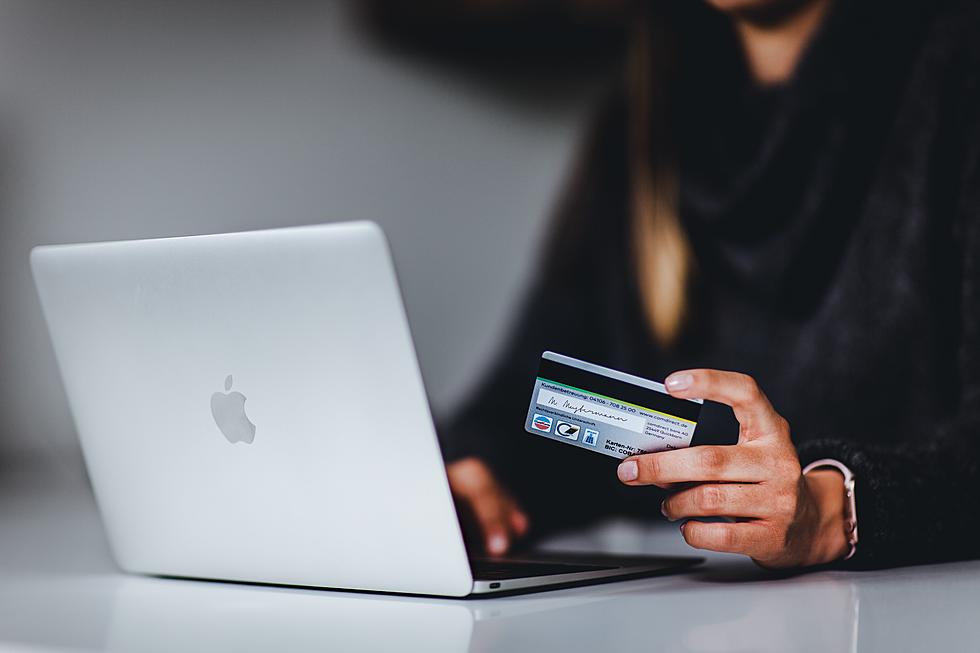
When it Comes to Technology, These Are All the Default Settings You Should Turn Off Right Now
Technology is ever evolving. Countless stories emerge every day about new advances in tech and outrageous stories like this one about a man who implanted a chip in his hand that lets him start his car and gain entry into his home.
With the good news about technology, there's also the downside and the dark side. Data breaches, spying through technology, and tracking your movements through apps and digital calendars. Some phones and tech have default settings that aren't in your best interest to keep on.
Experts are warning about the biggest default settings that should be switched off and aren't useful to have turned on. We are going to run down some of the bigger ones and why they are deemed unsafe or "too much".
Apple Phones
Just from personal use, the iPhone usually asks you a bunch of setting questions before you get started using your phone, or when you go through a software upgrade. Sometimes, those steps can be missed. Everything you need is going to be found in Setting > Privacy. Here are some specific things to look out for:
- Third-Party Data Sharing -- Select Tracking and toggle off Allow Apps to Request Track. This stops the various apps you use to stop sharing your data with anyone for marketing purposes.
- Analytics and Improvement -- In the Apple Advertising menu under Privacy, toggle off Share iPhone Analytics. This stops the iPhone from sending data to Apple in an effort to improve its products.
- Location Services -- tap on System Services within the Privacy tab, and toggle off iPhone Analytics and Routing and Traffic. Doing this prevents your phone from sending your geodata to help improve Apple Maps.
These steps eliminate oversharing data and keep your privacy a little more intact when it comes to technology. These tips would disable data sharing. No one wants a repeat of the U2 album showing up in their phone overnight. Again.
Google Products
The Google Products Privacy tips apply to multiple products: phones, Google web search engine, YouTube and Google Maps.
- Clear your history in Web & App Activity, Location History and YouTube History every 3 months. This way, Goggle doesn't creat a permanent search for content you've looked up, and it'll still make current and helpful recommendations based on your searches.
- Sharing approximate location vs. precise location. Newer Android products offer the choice between the two. Precise location is best to share when it comes to Maps, and helpful tips to navigate the roads that seem to be ever changing. Approximate location is the way to go when it comes to Weather, and it's better for your safety in the long run.
Meta's Facebook
Facebook is polarizing, in itself. Many controversies surround the app itself, and it's creator Mark Zuckerberg. They've gone through plenty of trials and lawsuits when it comes to privacy practices. That's where the majority of these tips center on.
- Who Can See What You Share -- Select "only me" for people on your friends list if you want to keep something semi-low key hidden. When it comes to your birthday, select "Friends Only'
- How People Can Find Me On Facebook - keep those settings locked up tight. Don't add your phone number or email address.
- Your Ad Preferences -- Toggle off the switches that will target ads geared toward your relationship status, your employer or school.
For other tech that requires some safety setup, visit this article.
80s Movies That Could Never Be Made Today
More From Classic Rock 105.1

![Hands-Free Telephone Headset Commercial From 1993 is Fantastically Strange [Video]](http://townsquare.media/site/33/files/2022/08/attachment-Phone-Releif-1993-Commercial.jpg?w=980&q=75)


![Find Your Old iPods, Some of Them Are Worth Big Bucks Now [Video]](http://townsquare.media/site/33/files/2022/05/attachment-20220511_113947-01.jpeg?w=980&q=75)


![This is Not Tom Cruise, it’s Dangerous Deepfake Technology [Video]](http://townsquare.media/site/33/files/2021/10/attachment-DeepFake-Tom-Cruise.jpg?w=980&q=75)

